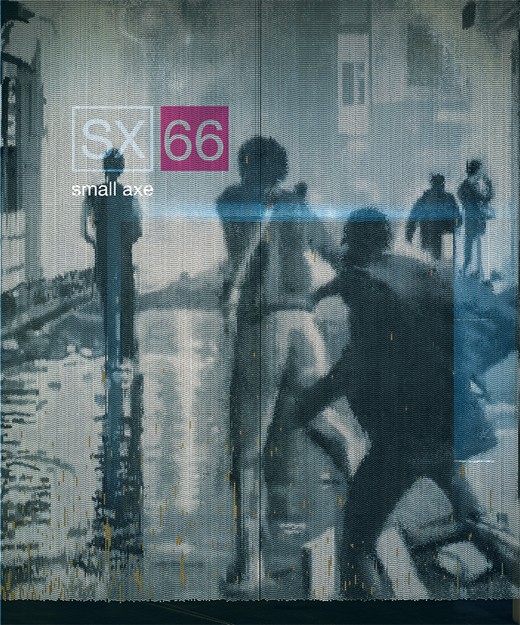By ESENDOM
May 11, 2022
In the 1970s, in the midst of dictatorial rule, writers in the Dominican Republic suffocated by state terror and censorship found freedom in the endless possibilities of artistic experimentation. Such was the case of Manuel Rueda, poet, musician and playwright whose Las metamorfosis de Makandal (Makandal's Metamorphosis) has become a seminar text within Dominican literature since its publication in 1998.
For Ines P. Rivera Prosdocimi, an Assistant Professor at the University of Hartford, Rueda’s poetry collection centered on Mackandal (also spelled as Macandal and Makandal), the Haitian revolutionary hero, can challenge conservative and nationalist narratives because Makandal is conceptualized as a pluralema. In short, a poem but more precisely, as a poem that evolves, takes different forms, and whose meaning multiplies. This allows Rueda to move beyond binaries of nation as well as binaries of religion, gender and much more. His experimental approach to poetry also allows him to collapse time.
US-born scholar Prosdocimi, like Rueda, is also a poet who loves exploring the linguistic intricacies within Dominican and Caribbean culture. In her academic article Macandal. Makandal. Mackandal ”Man and Protean Pluralema, recently published in the Caribbeanist journal Small Axe, Prosdocimi introduces English-speaking readers to the concept behind Rueda’s pluralema which she defines as “ a musical or poetic form that resists limitations and invites unlimited interpretations via its physical layout and content”.
In her article, Prosdocimi highlights the visual and typographic composition in Rueda’s work which Prosdocimi traces back to the early French symbolist poets. Drawing from secondary and primary sources, the author looks at Rueda’s poem from an interdisciplinary vantage point.
Rueda’s Makandal poem focuses on a key moment of Haitian and Dominican history that impacted the entire island divided by colonial violence. According to Prosdocimi Rueda’s poems “rewrites Hispaniola’s story by erasing the border between the Dominican Republic and Haiti and acknowledging a shared history between these two nations”.


